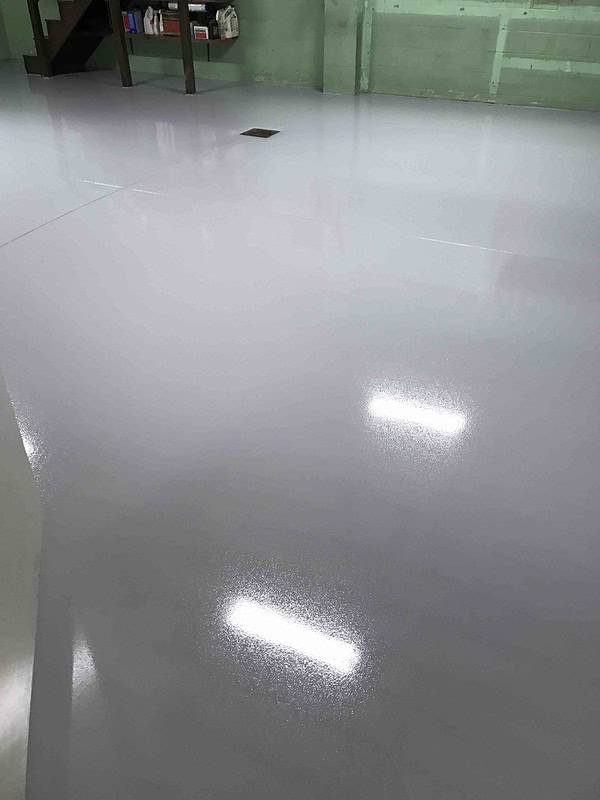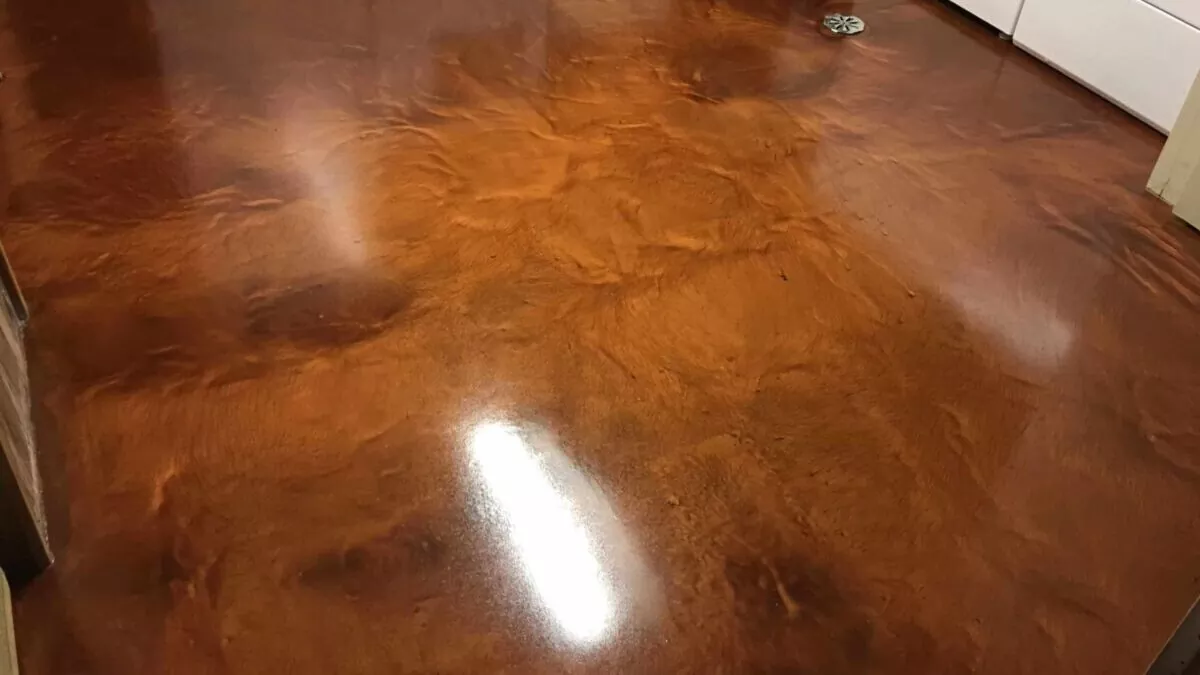The right commercial or industrial floor solution can make or break a business more than just a line item under the design-build plan or renovation project. That said, it is not a decision that an owner should make without the utmost consideration and assessment.
Are Epoxy Really Worth the Costs?
Quite often, it’s all about the underside line. And during this tight economy, budgets are being stretched to their limits. Cost matters when building or renovating an area of business, and each aspect of the development a floor owner has to consider in terms of its cost/benefit.
For instance, when doing all your floor projects, you wish an advert or industrial floor solution that’s both affordable and reliable. Sometimes, however, those two things conflict, and you would like to know why paying more upfront will save your business money down the road.
The good news is that a bare epoxy floor is among the more cost-effective options you would possibly consider for flooring. Of course, the value can and can increase as specific requirements are addressed.
As an example, the kind of epoxy used and custom epoxy blends may include extra protection from chemical spills and more antimicrobial or slip resistance.
Similar properties, if deemed necessary, will impact the ultimate cost. But again, that might prove cin within the future with the advantages far outweighing the escalated price – and can ultimately justify the value.
Cost-Effective Solution for Commercial and Industrial Areas
To get more benefits, you need to value-engineering the correct floor from a variety of epoxy flooring materials, epoxy coating installation, or initial repair.
Concrete coatings and resinous floor systems are highly immune to physical damage and may handle heavy traffic from forklifts and vehicles. Though nothing is indestructible, the proper epoxy floor coating will prove long-lasting and impervious to wrecks and vulnerabilities that will put your people and your business in danger.
In most respects, the most straightforward choice for commercial flooring could be a resinous coating on top of concrete. Resinous coatings are long-lasting and capable of standing up to heavy work and traffic rigors – unlike most other typical flooring options like planks, tiles, or vinyl.
Therefore the question is, which sort of resinous coating is best for your business, and which can provide the most practical value over the long term?

How much do epoxy floors cost?
Now that you understand how estimates are adjusted to support the customization of the correct resinous floor. Take a glance at some general assessments related to basic floor installation.
| EPOXY | UC | |
| – 2,000 ft2 | $5 – $8/ft2 | $12 – $20/ft2 |
| 2,000 – 10,000 ft2 | $4 – $7/ft2 | $11 – $15/ft2 |
| > 10,000 ft2 | $2.50 – $6/ft2 | $10 – $12/ft2 |
*The prices above represent average cost per square foot and do not include additives, design such as metallic epoxy or 3D flooring, upgraded formula, or extended warranty.
Cost of Epoxy Floor Coating
While it’s easy to state that affordability drives most commercial flooring decisions, you should consider the factors that affect longevity and sturdiness.
The only way to see a floor’s value is by developing a billboard or industrial flooring system that can withstand the climate of your specific environment.
This is the only way to get the permanent solution you want. An epoxy flooring cost consideration is a first to help you identify the necessary additives needed to design the floor.
Sensitivity to physical damage
After installation, you will receive a new, shiny and flawless commercial floor. But what about in a year or two? Durable objects dropped, and organic materials seeping underground can ultimately corrode or destroy your base. If it’s a practical option, to begin with, it may cost you more than you bargained.
Materials like vinyl tile are cheap to install, but even they get damaged easily and often need repairs. Likewise, an intricate resin finish like epoxy flooring may initially seem a bit more expensive. But durable flooring will weigh heavily on your need for repairs and replacements.
Sanitary flooring

In a perfect world, floors are properly maintained, often with sweeping, high-temperature disinfection or polishing to prevent those ugly scuffs from marring the appearance.
Unfortunately, dirt looks unsightly and can directly damage the flooring material. And reduce the effectiveness of the chosen flooring system.
Also, understand your maintenance needs. Because realistic maintenance should help a floor fitter to design an appropriate flooring system. for your particular routine. Again, it won’t be the cheapest option initially. But it will likely mitigate the risk of damage and security risks in the future.
Chemical resistance
Chemical resistance is where you can spend a lot of money. And not necessarily on the spot, but on the effects of the dangers that lurk in choosing the wrong solution. So it would be best if you never skimped on chemical resistance from biological hazards to food contamination.
Perfect systems like an epoxy floor coating prevent mold and mildew from getting into cracks and crevices. Still, the added chemical formulation protects against harsh, corrosive surface cleaners and run-off of -acidic and corrosive properties in laboratories and manufacturing facilities.
Without them, you risk various safety issues that could easily lead to contaminated products, hazards to employees and customers, and a complete shutdown of state and local regulators and inspectors.
Design considerations
It’s also essential to choose a floor that suits your aesthetic. Many people like the polished concrete variant. But many flooring options include decorative flakes, metallic epoxy, colored epoxies, and more.
There’s a concrete floor solution to fit any business need. But only a few expert floor coatings installers can provide the ideal product at the right price. DUOMIT has partnered with commercial and industrial clients to provide longer-lasting concrete floors.
Contact us for a Free Estimate and to learn how we help you to find a solution for your business.
